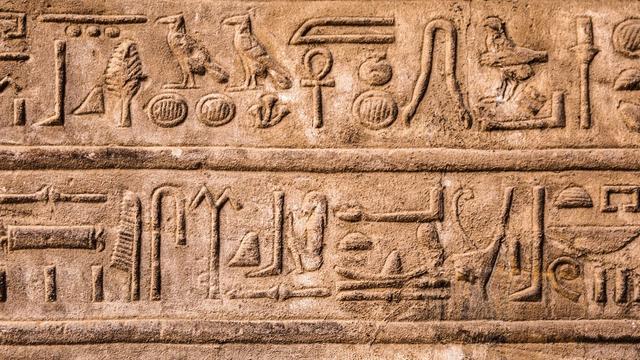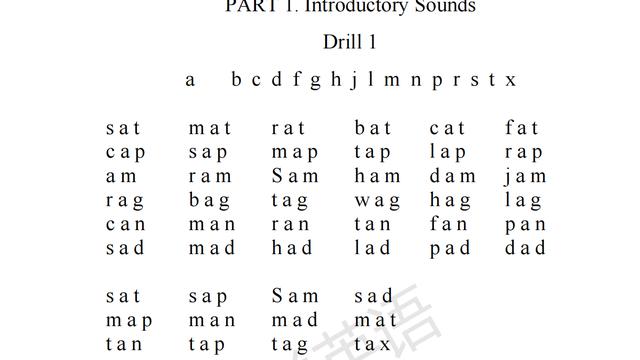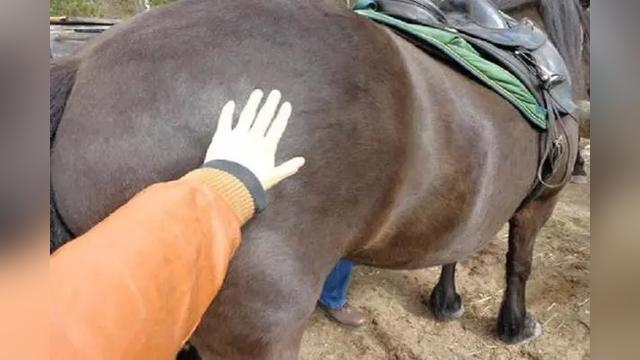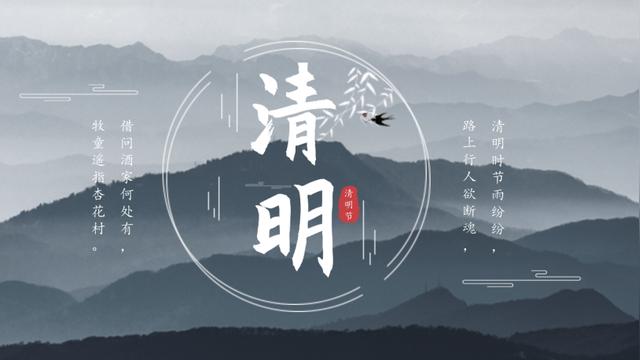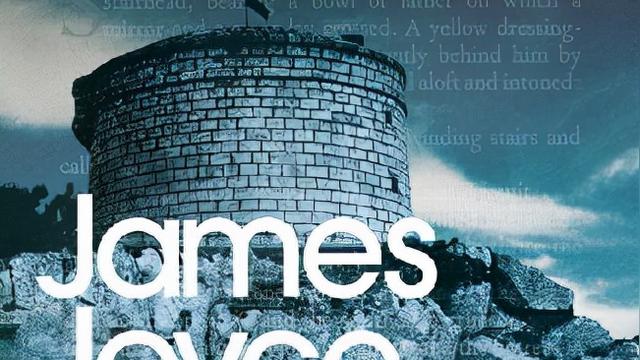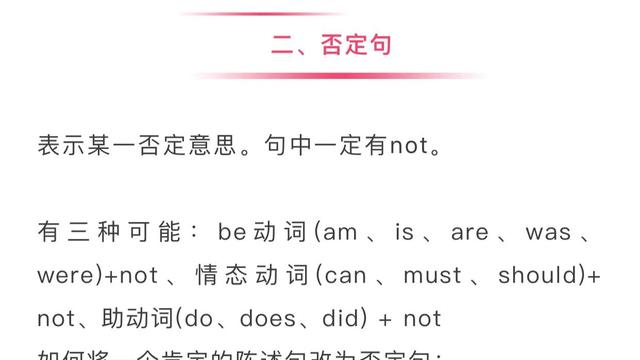双语|清明节的历史起源 古诗《清明》英译
The Chinese Qingming Festival falls on either April 4 or 5. Also known as Tomb Sweeping Festival, it is a time for families to remember and pay respects to the ancestors.
中国的清明节不是逢四月四日就是四月五日。也以扫墓节著称,这是个家人们纪念并凭吊祖先的时节。
清明节的历史起源
Its origin dates back to the Spring and Autumn Period. Jin prince Chong'er ran away from the country with his supporters due to persecution. They were homeless for 19 years and things got so bad that Chong'er began to starve to death. One of the prince's faithful followers, Jie Zitui, cut a piece of muscle from his own leg and served it to his master. Chong'er was saved and, in 636 BC, he took back the throne.
清明节可以追溯到春秋时代。晋国公子重耳因受到迫害,率其支持者出逃。19年间,他们居无定所,漂泊四方。一次,他们的处境相当窘迫,重耳饿得快不行了。这时,忠心耿耿的介子推从自己的腿上割下一块肉献给了重耳,公子重耳得救了。公元前636年,他夺回了王位。
He rewarded the officials who had stayed loyal to him but he forgot about Jie Zitui. By the time Chong'er remembered him, a heartbroken Jie Zitui had traveled deep into the mountains. Chong'er wanted to persuade Jie to come home, so he had the hills set on fire. But Jie was later found beside a large tree, with his old mother on his back. Both were dead.
即位之后,重耳对支持者大加封赏,却忘记了介子推。等到想起这位忠臣时,伤心的介子推早已遁入山林深处。重耳想逼他回来,所以就大火焚山。后来,在一棵大树旁边发现了背着老母的介子推。两人都被烧死了。
Saddened by the tragedy, Chong'er ordered that fires could not be lit on the day of Jie Zitui's death. From this comes Hanshi Day, or Cold Food Day. People visited Jie Zitui's tomb the next day to pay their respects. Over time, Hanshi Day was replaced with tomb-sweeping day.
重耳悲痛欲绝。他下令,在介子推的忌日不准生火。寒食节即来源于此。寒食节的次日,人们到介子推的坟头上致敬。
During the Tang Dynasty, the festival evolved into a tomb-sweeping event. By the time of the Song Dynasty, candles were also used. Today, Chinese families visit the tombs of their ancestors to pay respects. They sweep the tomb area and clear the weeds. Then they offer food, flowers, light candles, or burn incense and paper gifts for their ancestors. The one-day festival is also known as Clear Bright Festival or Ancestor's Day.
唐朝期间,这节日演变成一项扫墓的活动。到宋朝时,蜡烛也被使用。如今,中国家族拜访他们祖先的坟墓以致敬。他们打扫墓区并清除杂草。接着他们供奉食物、鲜花、点燃蜡烛,或是点香和烧纸扎祭品给他们的祖先。这为期一天的节日也被称作清明节或祭祖日。
清明节最著名诗歌《清明》英译
《清明》(唐.杜牧)
清明时节雨纷纷,路上行人欲断魂。
借问酒家何处有?牧童遥指杏花村。
许渊冲英译(韵式aabb)
A drizzling rain falls like tears on the Mourning Day;
The mourner's heart is going to break on his way.
Where can a wineshop be found to drown his sad hours?
A cowherd points to a cot 'mid apricot flowers.
杨宪益、戴乃迭英译《清明》(无韵译法)
It drizzles endless during the rainy season in spring,
Travelers along the road look gloomy and miserable.
When I ask a shepherd boy where I can find a tavern,
He points at a distant hamlet nestling amidst apricot blossoms.


